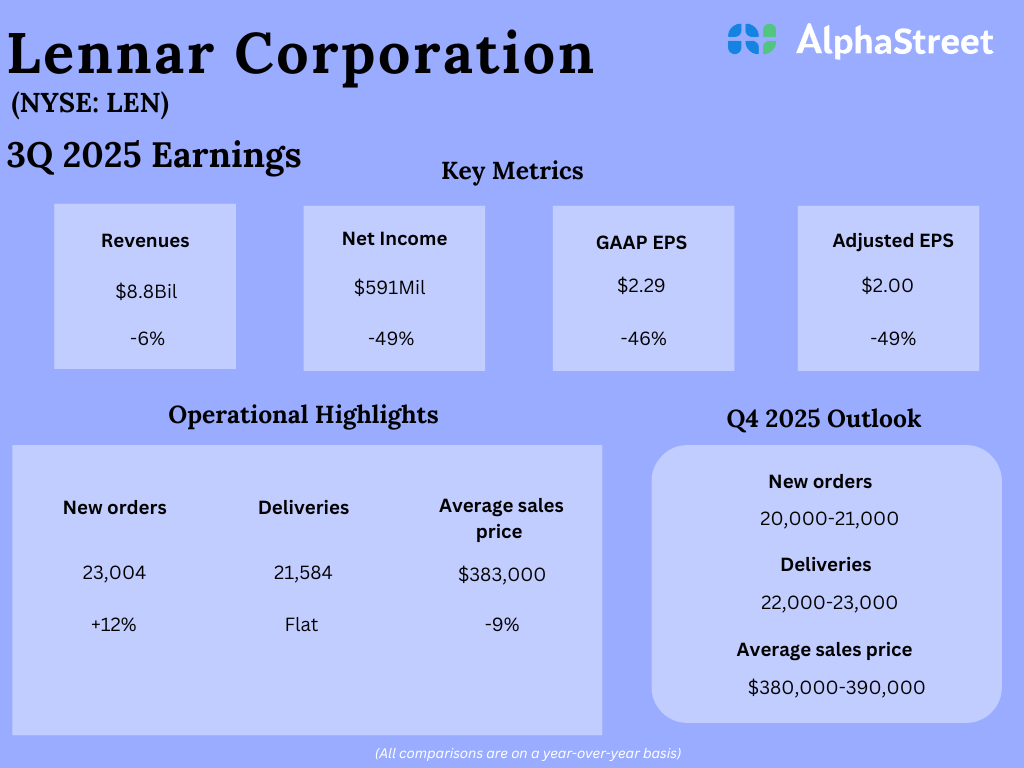Better faster cheaper is the mantra of every organization that’s looking to increase shareholder value by either selling more stuff or spending less. While software produces data exhaust that can be used to optimize performance, humans are a bit trickier to optimize because, well, they’re human.
Initially, corporations turned to cheaper labor for efficiencies – John in Mumbai and Rosie in Manila. Then, they realized that the recipe-driven approach utilized by Mumbai back-office operations was a prime candidate for automation. Robotic Process Automation (RPA) was born, and now digital agents are cannibalizing back offices while chatbots are eyeing Rosie in Manila’s job. As a result, everything is becoming better, faster, and cheaper. Then came generative AI.
UiPath, RPA, and Generative AI
We don’t just pay compliments to our paying subscribers because they give us money. These people are not only extremely good looking, but they also ask some great questions. For example, many have asked if generative AI makes RPA solutions obsolete. The impetus behind those questions is our investment in one of the leading RPA firms out there – UiPath (PATH), which recently reported year-end earnings and talked about some generative AI functionality in the pipeline.

For those of you who also believe accountants using fiscal years should be shot dead on sight, we’ll translate the timeline for you. The first half of Fiscal 2025 means that UiPath will be
















